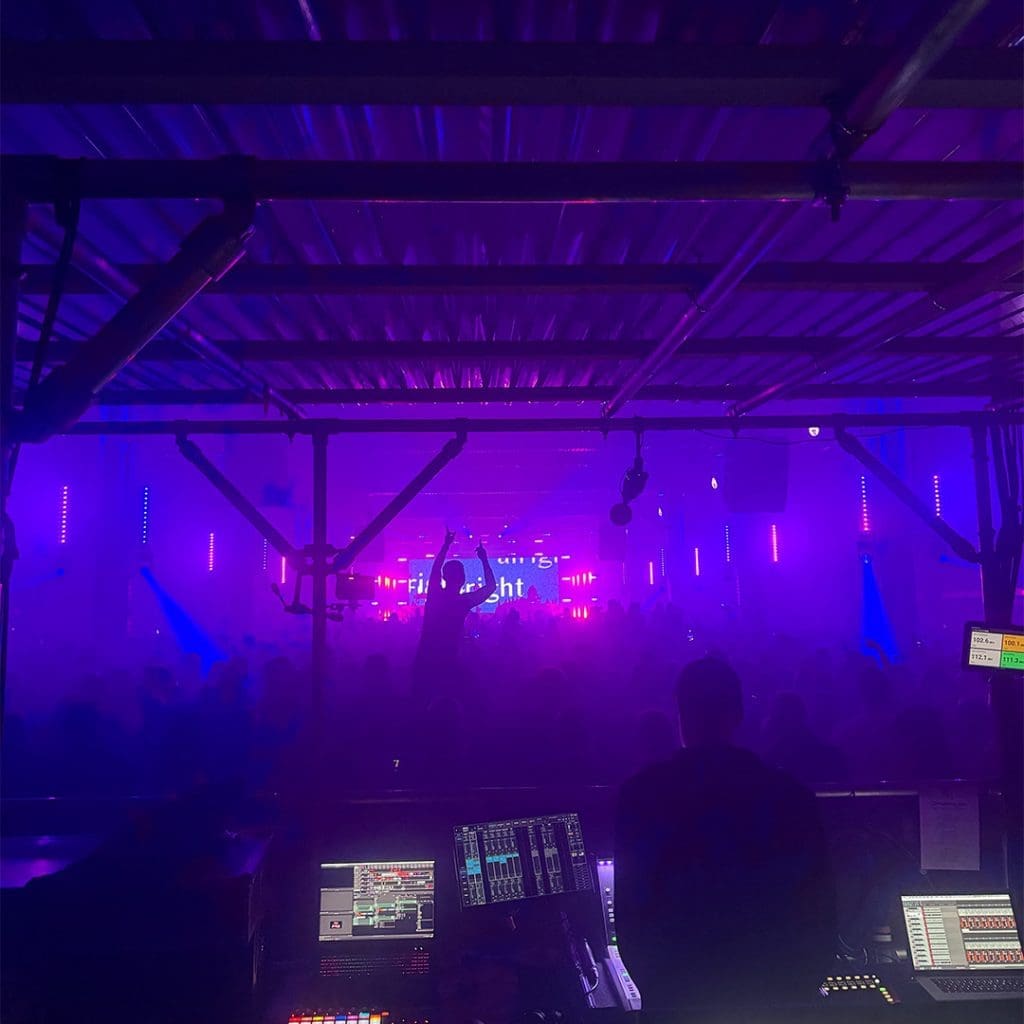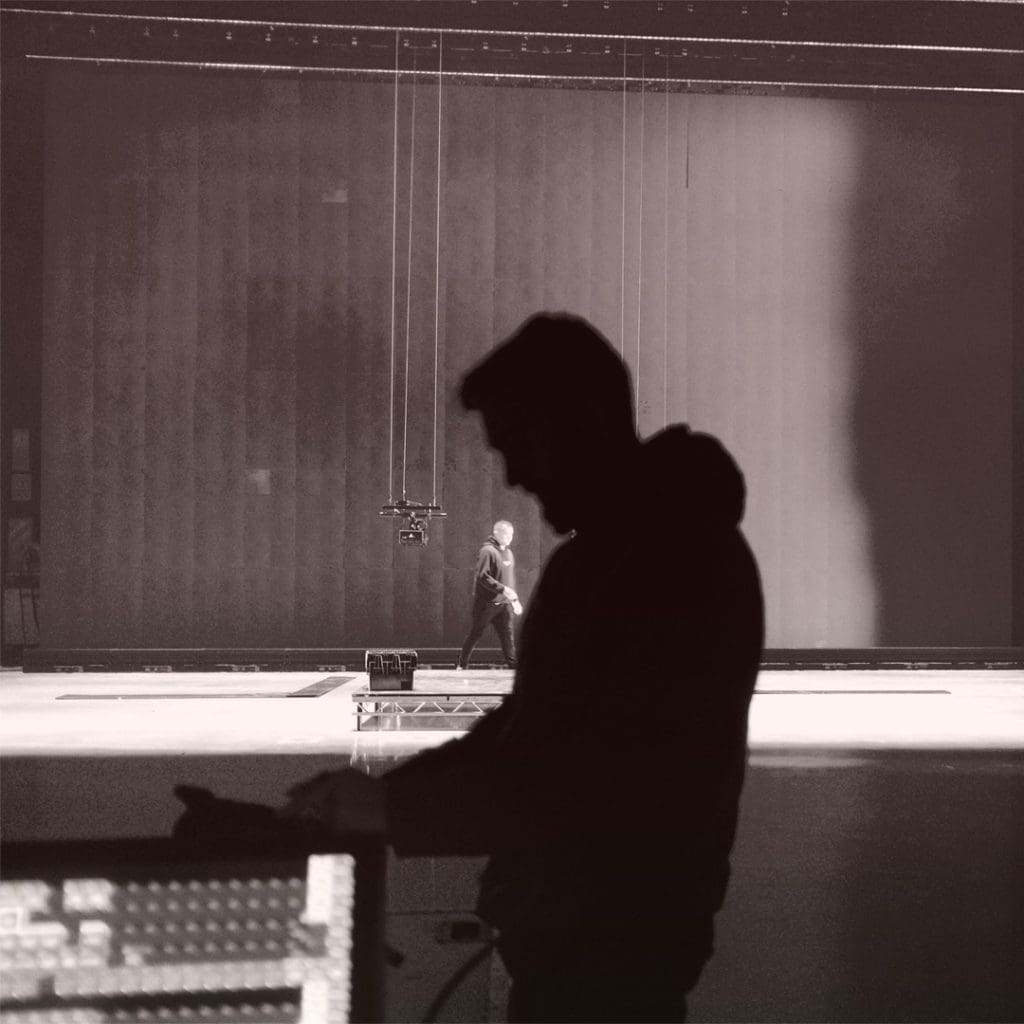I’ve thought a lot about efficiency in the last few weeks, and have concluded that there’s such a thing as being too efficient. And the cost? Losing the magic that makes this industry great.
Like many people, efficiency is one of the things we regularly look at, asking ourselves questions like what can be automated or what systems can we put in place to make things run more effectively.
They’re important questions, particularly in a world where costs matter more than ever, and there’s the expectation for exceptionally high standards of production to be delivered with fewer resources, and in less time.
I’ve thought extensively about those questions in the last few weeks, but I’ve been struck by a couple of opposing ones: is there anything we should make intentionally less efficient whilst we’re at it? And is there such a thing as being too efficient?
Lighting and visual production companies like us are somewhat of a paradox. Organisations in this industry are inherently creative, and the process from concept and ideation through to the truck doors closing at the end of a production is far from a linear one. It’s messy, confusing, and regularly goes backwards before it goes forward again. It’s not a straight line from start to end, it’s normally incomprehensibly chaotic.
And that’s exactly why I believe we could become too efficient. Strokes of brilliance and magic don’t exist on a linear line that connects the start to the end. Quite often, they come from unexpected places, after taking an unexpected turn, quite often by an unexpected person.
We’re an industry that excels in making things unique. The products we use might benefit from a highly efficient and automated production line, but the way we use them doesn’t.
I’m not making an argument for not being efficient at all of course. The reasons we need to be efficient are obvious, and when balanced correctly, mean we can live up to the promise of delivering more for less.
What I am suggesting is that trying to straighten out the line that connects the start to the end, might actually have the opposite effect, and will lose the magic and depth that makes what our industry produces truly great.





